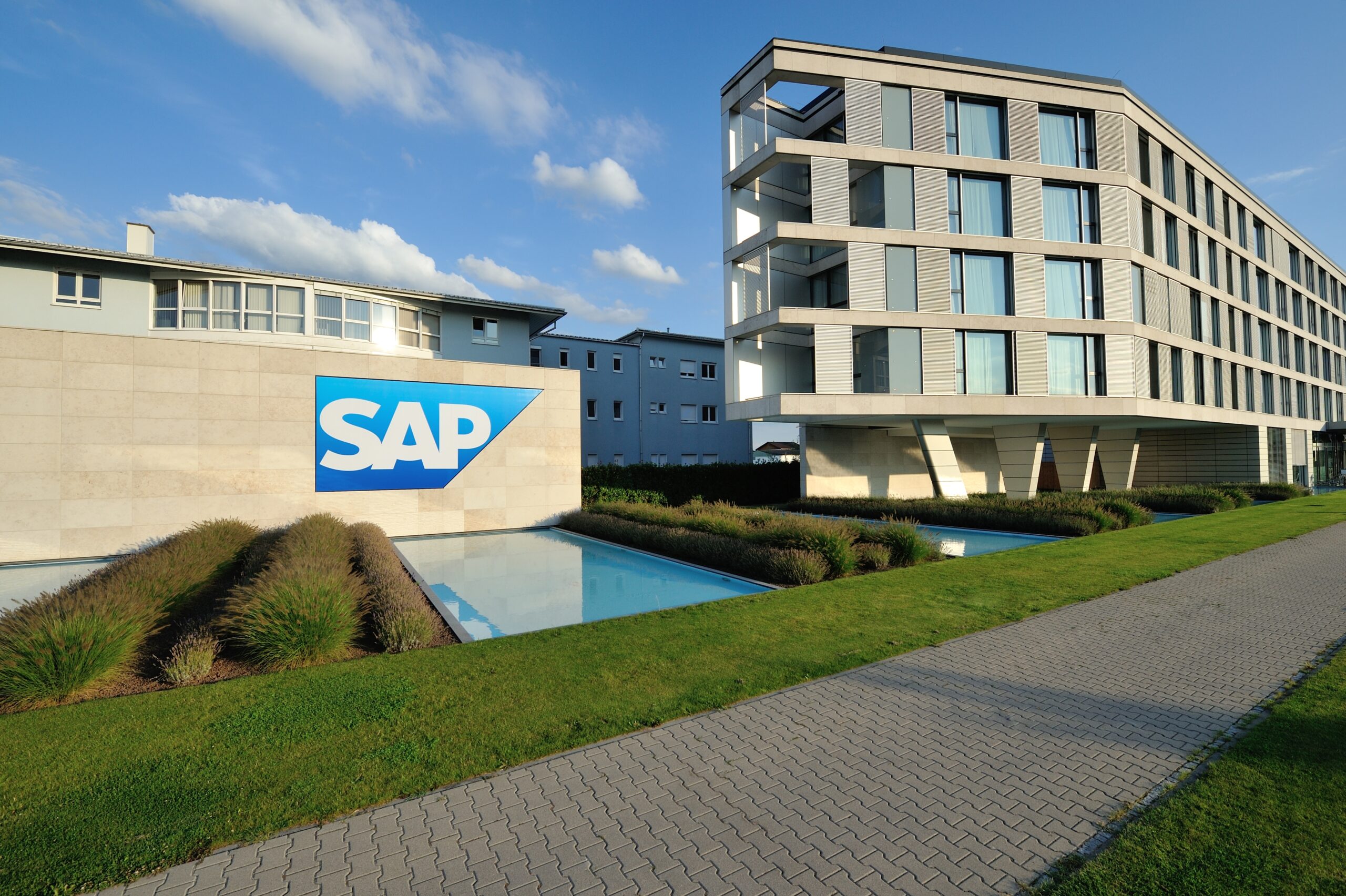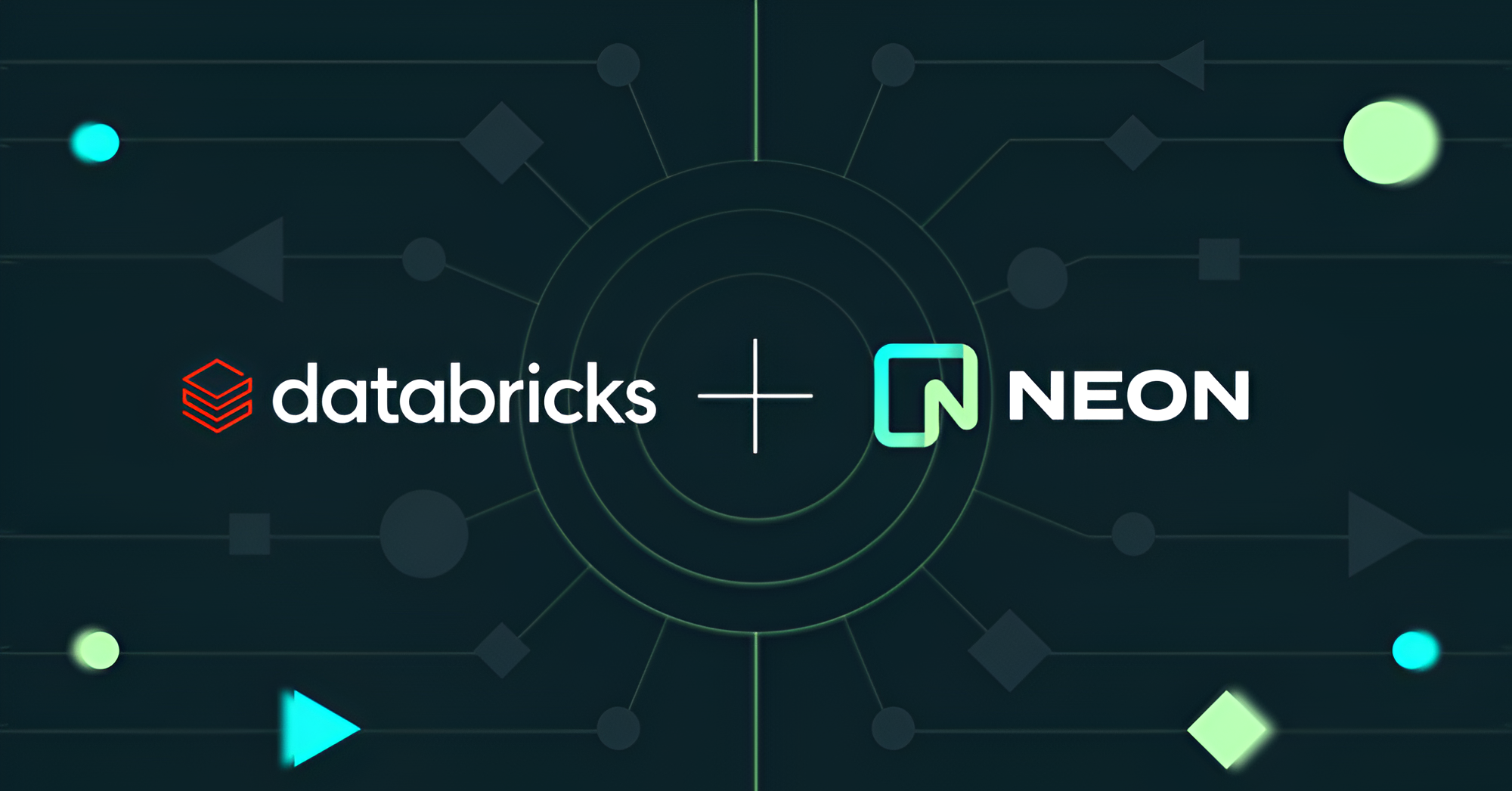Databricks continues to soar with $100 billion valuation in latest raise

If data is central to AI, Databricks is certainly well positioned. The cloud data lakehouse company is built to manage, store and process copious amounts of structured and unstructured data. It has been on a roll in recent years, scoring billions of dollars and sky-high valuations, and on Tuesday it announced a Series K that values the late-stage startup at $100 billion, up from its prior $62 billion valuation in December of last year.
CEO Ali Ghodsi told me that the valuation could actually have been much higher. “This round is significantly oversubscribed, so we likely could have filled the round at a significantly higher price, say $150 billion,” he said. While the official announcement did not include the amount raised, CNBC reported it’s in the $1 billion range.
He says that it’s never been about getting the highest valuation though. “We'd rather continue executing and compounding the value over a long horizon, as opposed to maximally pushing for the highest valuation at all times,” he said.
Devin Pratt, an analyst at IDC, says Databrick’s strong position in the market has led to such a high valuation. “Databricks’ recent growth has been centered on open data governance, AI integration and interoperability across the lakehouse architecture,” he said. “Databricks combines real-time transactional and analytical processing, embeds AI at every layer and sets organizations up for success in an Agentic AI future, achievements that I believe are reflected in its high valuation.”
In an interview on CNBC’s Power Lunch on Tuesday, Ghodsi said that he is hearing customers ask about agentic AI, and if it will be able to truly automate work inside companies. While he says it’s early, he believes his company is well positioned as customers make the shift to agentic AI.
The company has two products specifically devoted to helping customers build agents. Agent Bricks is a no-code studio for building agents, while Lakebase helps build databases to power those agents. It’s built on top of Neon, the serverless Postgres company it acquired earlier this year. “So the focus is on how we build agents that can actually be useful in these organizations and solve the day-to-day tasks that organizations are actually facing,” he told CNBC.
We’ve been asking for years when the company will IPO. With Figma’s recent IPO success, it would make sense if it were sooner than later. Ray Wang, founder and principal analyst at Constellation Research, confirms that analysis. “This will probably be the final round before an IPO. Now they have to find the right window for an IPO as they are priced perfectly, but if they miss the IPO window, they risk being at the top of the AI bubble,” Wang said.
As always when it comes to the IPO question, Ghodsi remained non-committal. “I think it will happen,” he said. “We are ready, so to speak, but just not in a rush." There is no perfect time to go public, and like every startup CEO faced with this decision, he will have to decide when the time is right.
As a data management vendor that has raised over $20 billion, not counting this week’s round, per Crunchbase, and a set of products designed to take advantage of the AI market, the company is well positioned to IPO whenever it wants. And with potentially another billion to play with after this week’s round, it can afford to wait, but surely their investors must be itching for them to finally pull the trigger and go public.
Featured photo by Grianghraf on Unsplash





